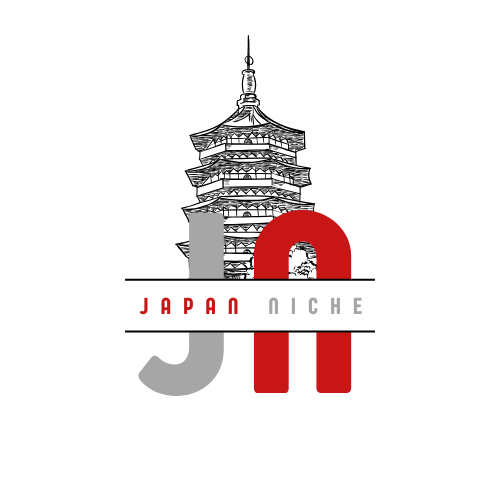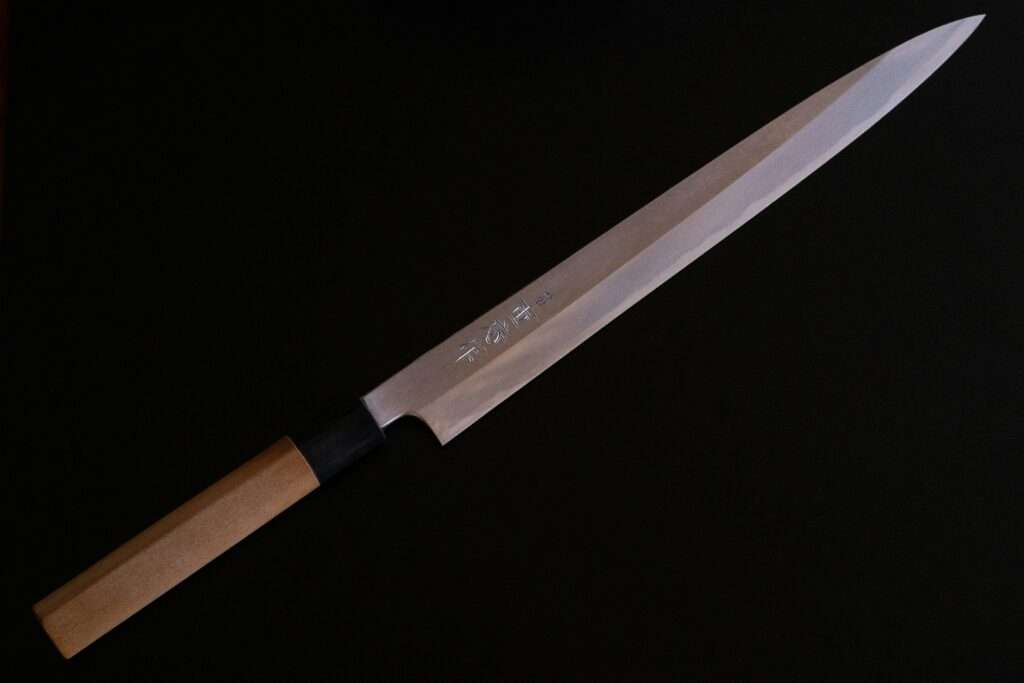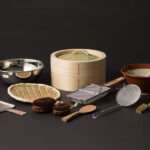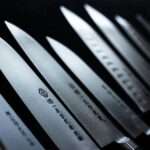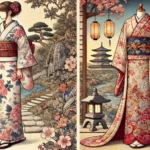Japanese knives have garnered worldwide acclaim for their exceptional craftsmanship and unparalleled performance in the kitchen. In this article, we delve into three key reasons why Japanese knives stand out among the rest.
1. Handcrafted Excellence
Japanese knives are meticulously handcrafted by skilled artisans who have honed their craft over generations. Take, for instance, the Fujiwara Mabaroshi Gyuto 210, a testament to the dedication and expertise of its maker. These blacksmiths undergo rigorous training, often apprenticing for years before mastering the art of knife-making. Each knife bears the unique touch of multiple craftsmen, from forging to sharpening and handle placement, resulting in a product imbued with personality and precision. The commitment to perfection is evident as these craftsmen continually refine their techniques, ensuring the highest quality at every step of the process. Working tirelessly in hot forges well into their later years, these artisans epitomize the spirit of craftsmanship and pride in their workmanship.
2. Unrivaled Sharpness
Japanese knives are designed to maintain their sharpness over extended periods, drawing inspiration from the traditions of samurai swords. Crafted from harder steel and ground to a finer edge than their counterparts, these knives effortlessly glide through ingredients with precision akin to laser beams. The legacy of Japanese blacksmiths is characterized by a relentless pursuit of innovation, integrating cutting-edge technologies to produce blades that defy dullness. Japanese knives epitomize longevity and performance. They strike the perfect balance between durability and functionality, offering chefs an indispensable tool in the kitchen.
4.Crafted from Premium Steel
Japanese knives are meticulously crafted from the finest quality steel, boasting high-carbon content and advanced alloys. These steels are meticulously selected and treated with precision to enhance their performance and longevity. Incorporating elements such as chromium, nickel, and molybdenum, Japanese knife-makers produce blades that are not only highly corrosion-resistant but also exceptionally durable. The unparalleled hardness of Japanese steel, typically ranging between 61-67 HRC on the Rockwell hardness scale, ensures that the blade maintains its sharp edge through extended use. Investing in a Japanese knife means investing in quality, as these blades are built to withstand the rigors of professional kitchens and culinary enthusiasts alike, making them an indispensable tool for any chef.
3. Exquisite Works of Art
Beyond their utility, Japanese knives are revered as exquisite works of art. Each blade tells a story of creativity and craftsmanship, exemplified by the meticulous attention to detail bestowed upon them. Craftsmen infuse their creations with unparalleled beauty, ensuring that every aspect of the knife reflects a dedication to aesthetics and functionality. From the handles to the intricate patterns adorning the blades, Japanese knives are a testament to the centuries-old tradition of craftsmanship. Collaborations with esteemed brands further elevate these knives into symbols of prestige and elegance. Whether it’s the polished spine or the flawless finish, every element of these knives reflects the passion and skill of the artisans behind them.
In conclusion, Japanese knives embody a harmonious blend of tradition, innovation, and artistry. From their handcrafted origins to their razor-sharp edges and breathtaking designs, these knives continue to captivate chefs and culinary enthusiasts worldwide. So, the next time you wield a Japanese knife in your kitchen, remember the centuries of craftsmanship and passion that have gone into its creation.

